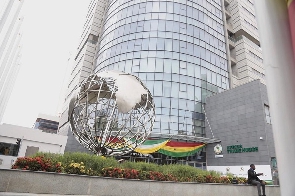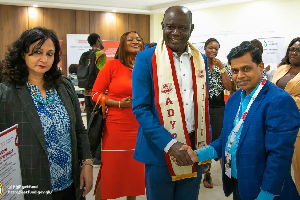The Secretariat of the African Continental Free Trade Area (AfCFTA) is targeting a November 2020 meeting ahead of the implementation of the free trade pact in January 2021.
According to Wamkele Mene, Secretary General of AfCFTA Secretariat in Accra-Ghana, this is to enable several trade councils hold discussions to finalize negotiations on trade tariffs and other protocols under the pact.
Addressing the journalists in Accra last week Wamkele Mene said “We will be hosting Ministers here in Accra on a regular basis, and one of the things that I discussed with the President of the nation is that if the health protocols allow then we should convene a meeting of the council of ministers responsible for trade sometime in November”.
“I encouraged the President to consider the proposal that I made to the government of Ghana to host a meeting of the council of ministers responsible for trade in the middle of November which will be the first meeting that takes place since the secretariat was established here in Ghana.”
Wamkele Mene adds the deliberations will go a long way to also enable stakeholders plan their investments towards the implementation of the trade agreement.
The AfCFTA Secretariat is now targeting January 2021 for the commencement of the implementation of the pan-African free trade agreement following its postponement due to the outbreak of the Coronavirus pandemic.
The continental free-trade area would be the world’s largest economic free trade zone, adjudged by spatial size and population, and is expected to increase intra-African trade from the current 12 percent of total trade by African countries to 52 percent by 2023.
Additionally, the AfCFTA target market projection will witness an increase from an estimated 1.27 billion to 1.7 billion by 2030, out of which about 600 million will be in the middle class.
The pact is expected to also attract an estimated $4 trillion of investment and consumer spending.
Business News of Monday, 19 October 2020
Source: www.ghanaweb.com
AfCFTA Secretariat targets meeting of Trade Councils before January 2021 take-off
Entertainment












